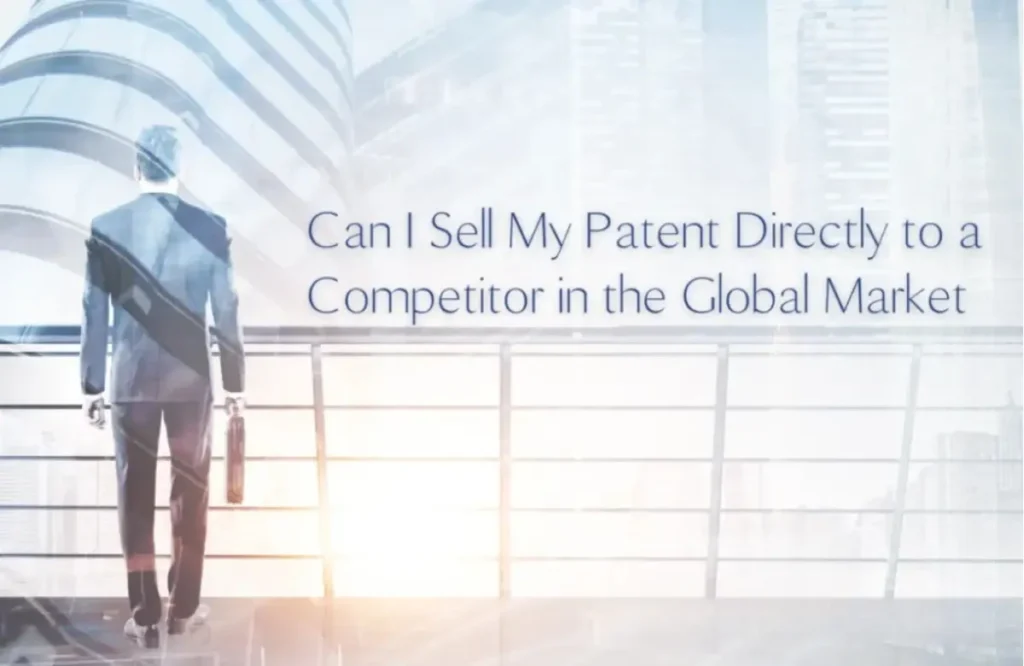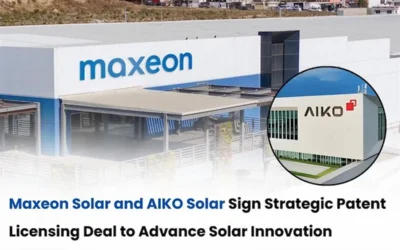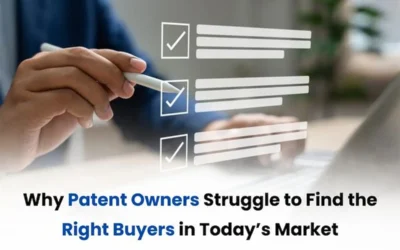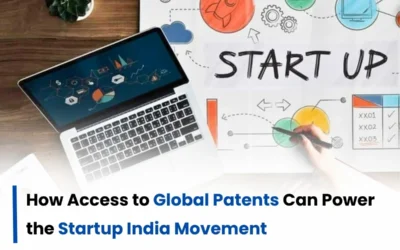
In a rapidly shifting global economy, intellectual property assets serve as critical instruments for commercial leverage. For an inventor or patent holder, the strategic decision to sell a patent directly to a competitor is a significant undertaking. This process of Patent Commercialization and patent selling requires a comprehensive understanding of the legal requirements, valuation metrics, and the strategic implications of transferring ownership within an international framework.
The Strategic Importance of Patent Monetization in Patent Selling
Patent monetization is the strategic conversion of an invention’s legal protections into liquid financial assets. While a patent typically grants the holder exclusive rights to an invention for 20 years from the filing date, the holder may choose to divest these rights for several professional and economic reasons.
Key drivers for patent monetization include:
- Realization of Monetary Return: Generating immediate liquidity from an invention that the holder cannot personally bring to market.
- Resolution of Capacity Constraints: Overcoming a lack of manufacturing infrastructure or industry-specific know-how by transferring the asset to a competitor with established scaling capabilities.
- Strategic Exit: Utilizing the sale to secure financial returns for the purpose of funding subsequent research or new ventures.
- Litigation Avoidance: Mitigating the risk of protracted legal disputes and high court costs in scenarios where a competitor may be developing similar technologies.
Methodologies for Accurate Patent Valuation during Patent Selling
A fundamental prerequisite for any transaction is a rigorous patent valuation. This objective assessment determines the fair market price of the intellectual property, ensuring that the seller achieves an equitable return.
Factors governing patent valuation include:
- Market Utility: The degree to which the invention addresses unfulfilled market demands.
- Technological Novelty: A comparative analysis of the invention against existing “prior art” and competing technologies.
- Claim Scope: Whether the patent provides broad protection or is limited to a narrow technical category.
- Remaining Term: The number of years remaining in the patent’s life cycle, which directly impacts its long-term profit potential.
The Legal Structure for Patent Commercialization
The process of patent commercialization through patent selling internationally involves specific legal milestones that must be managed with precision to ensure a valid transfer of title.
- Identification and Due Diligence
The holder must identify potential competitors within the relevant industry who possess the financial stability to acquire and monetize the asset. Before any technical disclosure, the parties must execute a Confidentiality Agreement (NDA). The seller must also verify that the patent title is clear of any liens or ownership disputes.
- The Patent Assignment Agreement
The formal transfer of ownership is executed through a Patent Assignment Agreement. This legal document defines the terms of the sale, including the final price, the payment structure (lump sum or royalties), and the jurisdictional laws governing the contract.
- Formal Recording with Authorities
Once the agreement is executed, the assignment must be recorded with the relevant national or regional patent offices. This step is a legal necessity to update the public record and provide the new owner with the full protection of the law.
Read Also: IP Licensing Business Explained: A Smart Way to Generate Passive Revenue
Risks and Challenges in Patent Monetization
Despite the benefits of revenue generation and industry cooperation, patent monetization via sale to a competitor carries inherent risks. The primary concern is the potential for “competitive disadvantage,” as the purchaser may utilize the acquired technology to outperform the seller in the marketplace. Furthermore, sellers must navigate the implications of non-compete clauses, which may restrict their ability to employ similar technologies in future projects.
Conclusion
The direct Patent Selling to a global competitor is an effective method of patent commercialization that requires a balance of legal diligence and strategic planning. By ensuring an accurate patent valuation and a well-crafted assignment agreement, patent holders can maximize the value of their innovations while facilitating a strategic exit.









